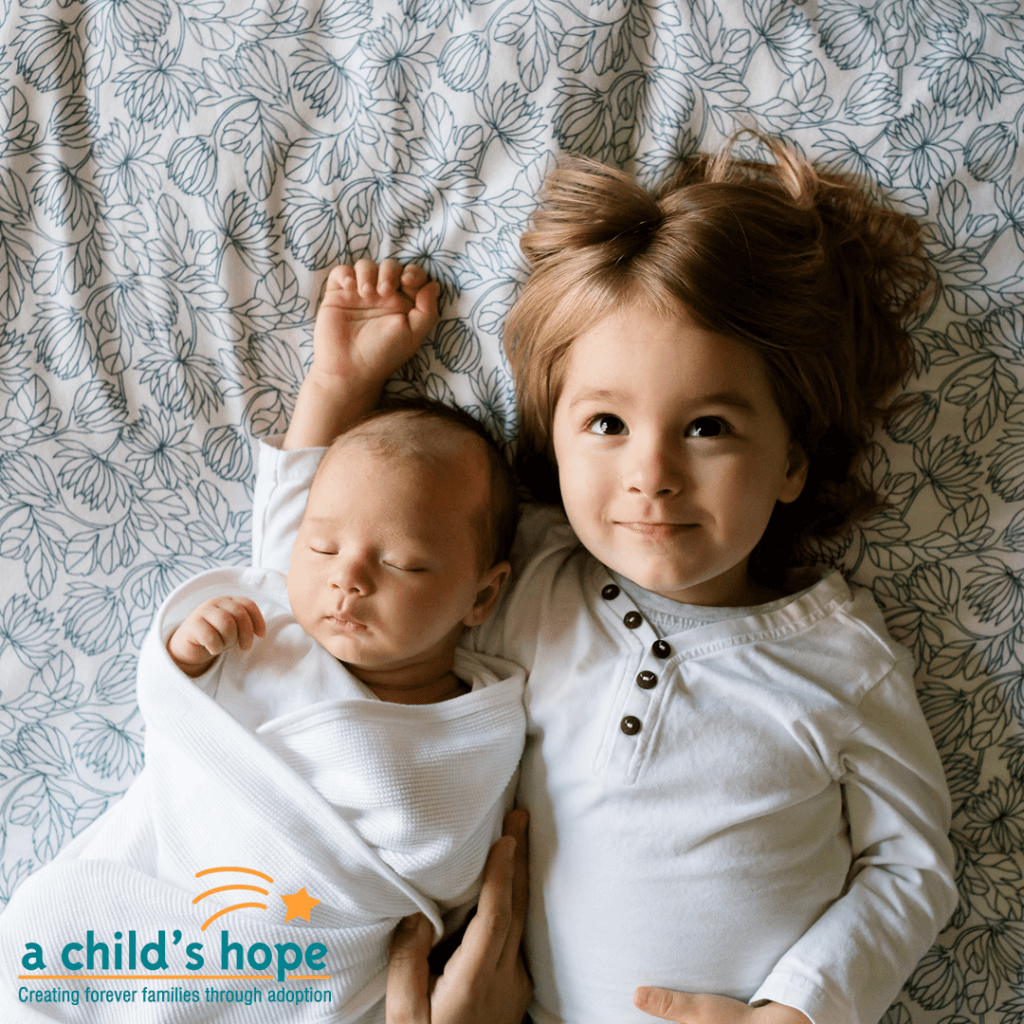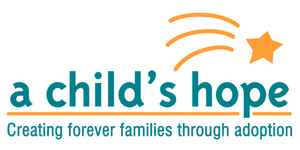
By Parker Herring
One question I am always asked is, “how long will it take to adopt?” The answer is always, “it depends.”
A family’s wait time is dependent on how open they are to the seven common factors seen in adoption.
The Race of the Child
The single most significant factor in how long a family has to wait for a baby is their willingness to adopt a child of a different race. While consideration of race is important for many adoptive families, having openness in adopting a minority-race child will dramatically shorten the wait time.
Over the past 20 years directing an adoption agency in North Carolina, I have observed firsthand that the number of minority newborns and children of color available for adoption outnumber Caucasian children three to one.
Specifying Gender
If a family specifies that they only want a boy or a girl, the wait time may increase. While 51% of babies born are male, by specifying a gender – male or female, the adopting family automatically eliminates themselves from consideration as parents to at least 49% of the available children. Moreover, the decision to place a child for adoption is seldom predicated on the child’s gender. So, there may be periods when nearly 100% of the available babies are not a gender match.
Tolerance for Birth Mother Substance Use
At a Child’s Hope, one in four women considering adoption for their baby admit to consuming alcohol and using other substances. There is a nationwide opioid abuse crisis, and drug use among pregnant women has increased proportionately. It is typical to see alcohol, tobacco and recreational drug use in many of the opportunities. The openness and willingness to evaluate each situation individually will allow prospective parents to say YES to more birth mother situations.
Birth Mother Prenatal Care
A woman with an unplanned pregnancy may not realize she’s expecting until after the second trimester. Several times a year, we have birth mothers who wait until they get to the hospital before they make an adoption plan. In these cases, the birth mother may not have had any prenatal care.
In addition, she may have issues that stand in the way of making all of the recommended doctor visits like transportation, childcare, or work conflicts. A Child’s Hope works hard from the time the birth mothers’ signs with the agency to ensure regular prenatal care going forward. We will even accompany her to appointments. Therefore, acceptance of a less-than-perfect prenatal history opens the door to more available babies.
A Verified Birth Father from the Outset
Situations where the birth father has been identified, provided DNA and signed a parental release only account for roughly 60% of the adoption scenarios. That leaves about
40% of A Child’s Hope placements that have complicated birth father issues. In these cases, the expecting mother may state she doesn’t know who the father is, or name multiple men. Even when the correct name and contact information is provided, he may not be locatable or responsive. Every situation is different; evaluate accordingly.
Family Medical History
According to the National Alliance on Mental Illness says 1 in 5 Americans will experience mental illness. The National Health Council reports that chronic disease affects more than 40% of Americans. Insisting on a clean bill of physical and mental health from both birth parents can greatly prolong wait time in adoption situations.
Level of Openness
Generally, there are three types of adoptions available: Closed, which means that neither the adoptive parents nor the birth parents meet, see pictures or stay in touch. Closed adoptions are rare today. Semi-open is when the adoptive parents and birth patents communicate through the agency over the years. Open adoption is where adoptive parents and birth parents exchange contact information, and then set a plan for communication. At A Child’s Hope, approximately 98% of birth parents are looking for an open adoption.
How these decisions may affect wait times:
The wait may be three years or more if:
- The child must be a full Caucasian girl; and
- The birth mother had prenatal care throughout the pregnancy never consuming nicotine, alcohol or drugs; and
- The birth father provided DNA as well as signed a parental release; and
- The birth parents are in peak mental and physical condition; and
- The adoption must be closed or semi-open
The wait may be less than one year if:
- The adoption is open; and
- The child can be an African American boy; and or
- The adopting parents are flexible on prenatal care, substance usage by the birth mother, as well as the overall health of both birth parents; and or
- The adopting parents are willing to work through birth father issues.
No Regrets
The family you are building is YOURS and a lifelong decision. So, it is perfectly okay to be clear on your child’s race, gender, prenatal care and other considerations. So be patient. The right child for you is out there, but it requires patience. He or she may not have been conceived yet.
